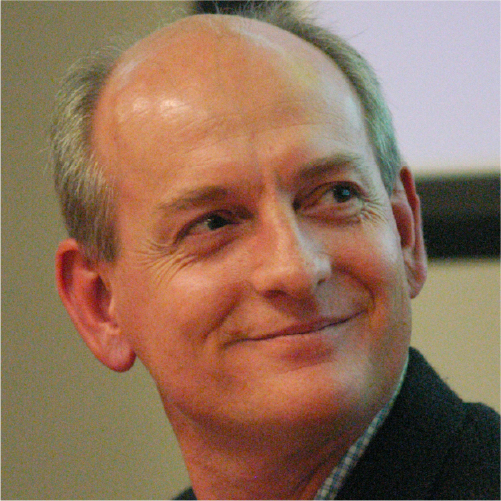Stuart Russell of UC Berkeley joined us on April 18, 2022, for “If We Succeed.”
I will briefly survey recent and expected developments in AI and their implications. Some are enormously positive, while others, such as the development of autonomous weapons and the replacement of humans in economic roles, may be negative. Beyond these, one must expect that AI capabilities will eventually exceed those of humans across a range of real-world-decision making scenarios. Should this be a cause for concern, as Alan Turing, Elon Musk, Stephen Hawking, and others have suggested? And, if so, what can we do about it? While some in the mainstream AI community dismiss the issue, I will argue that the problem is real and that the technical aspects of it are solvable if we replace current definitions of AI with a version based on provable benefit to humans. This, in turn, raises a host of questions with which the social sciences and humanities have wrestled for centuries.

Stuart Russell received his B.A. with first-class honors in physics from Oxford University in 1982 and his Ph.D. in computer science from Stanford in 1986. He then joined the faculty of the University of California at Berkeley, where he is Professor (and formerly Chair) of Electrical Engineering and Computer Sciences and holder of the Smith-Zadeh Chair in Engineering. He is also an Adjunct Professor of Neurological Surgery at UC San Francisco and Vice-Chair of the World Economic Forum’s Council on AI and Robotics.
Russell is a recipient of the Presidential Young Investigator Award of the National Science Foundation, the IJCAI Computers and Thought Award, the World Technology Award (Policy category), the Mitchell Prize of the American Statistical Association and the International Society for Bayesian Analysis, the ACM Karlstrom Outstanding Educator Award, and the AAAI/EAAI Outstanding Educator Award. In 1998, he gave the Forsythe Memorial Lectures at Stanford University and from 2012 to 2014 he held the Chaire Blaise Pascal in Paris. He is a Fellow of the American Association for Artificial Intelligence, the Association for Computing Machinery, and the American Association for the Advancement of Science.
His research covers a wide range of topics in artificial intelligence including machine learning, probabilistic reasoning, knowledge representation, planning, real-time decision making, multitarget tracking, computer vision, computational physiology, global seismic monitoring, and philosophical foundations. His books include “The Use of Knowledge in Analogy and Induction”, “Do the Right Thing: Studies in Limited Rationality” (with Eric Wefald), and “Artificial Intelligence: A Modern Approach” (with Peter Norvig). His current concerns include the threat of autonomous weapons and the long-term future of artificial intelligence and its relation to humanity.